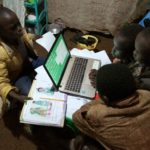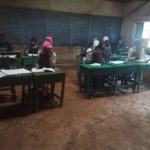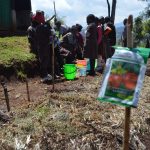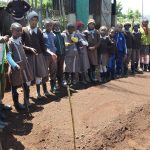
Research indicates that many schools in Ethiopia lack the hygiene facilities and infrastructure required to contain Covid-19 effectively.
The two new research and policy reports, compiled by academics at the University of Cambridge in collaboration with Ethiopian partners, draws attention to the combined educational and practical challenges facing the country’s schools as they reopened.
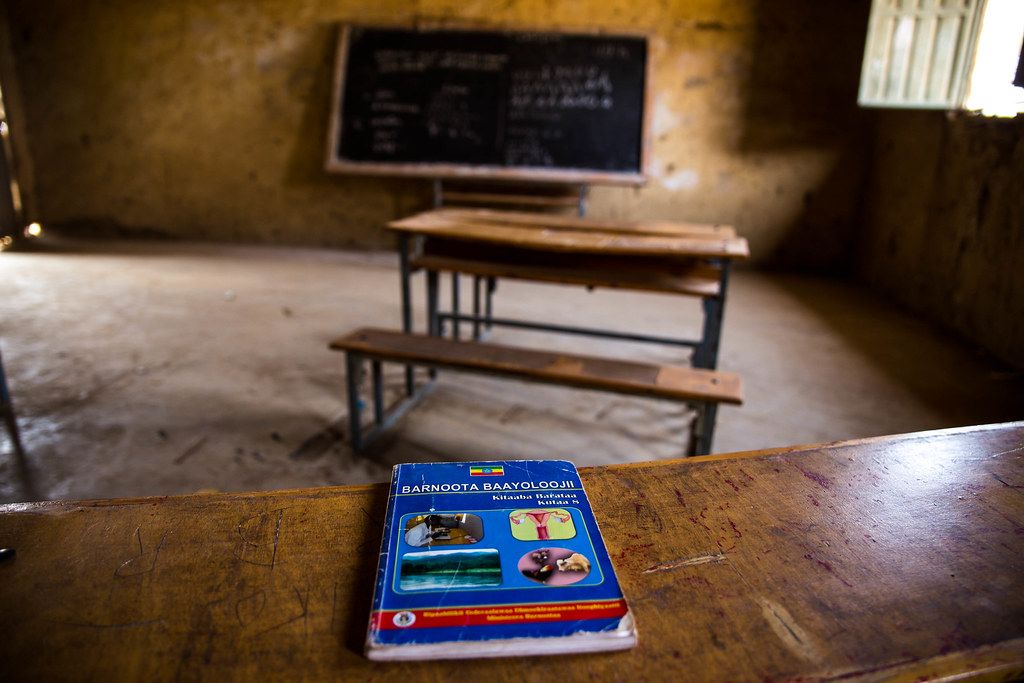
Many schools in Ethiopia lack the hygiene facilities and infrastructure to control COVID-19 effectively, as they reopen for the first time after months of disrupted learning, new research indicates.
The two new research and policy reports, compiled by academics at the University of Cambridge in collaboration with partners in Ethiopia, draw attention to the combined educational and practical challenges facing the country’s schools as pupils return. The authors suggest that these converging problems, while more severe than those affecting schools in wealthy countries such as the UK, are typical of those confronting millions of parents and teachers across sub-Saharan Africa as the pandemic continues to exact a far less-visible toll on their lives and communities.
The findings are based on telephone interviews with more than 900 teachers and caregivers which were carried out in August. Schools in Ethiopia are currently reopening on a staggered basis for the first time since March, with priority given to schools in rural areas. Since the study was completed, many of the issues it documents will have been compounded by the crisis in Tigray.
Overall, the researchers found that, despite significant efforts by the Ethiopian government to support remote learning, many pupils are likely to have had little or no education during the closure period. Disadvantaged groups – such as poorer children, those in remote areas, and girls – are likely to need specific attention having missed out the most.
Full Details here




